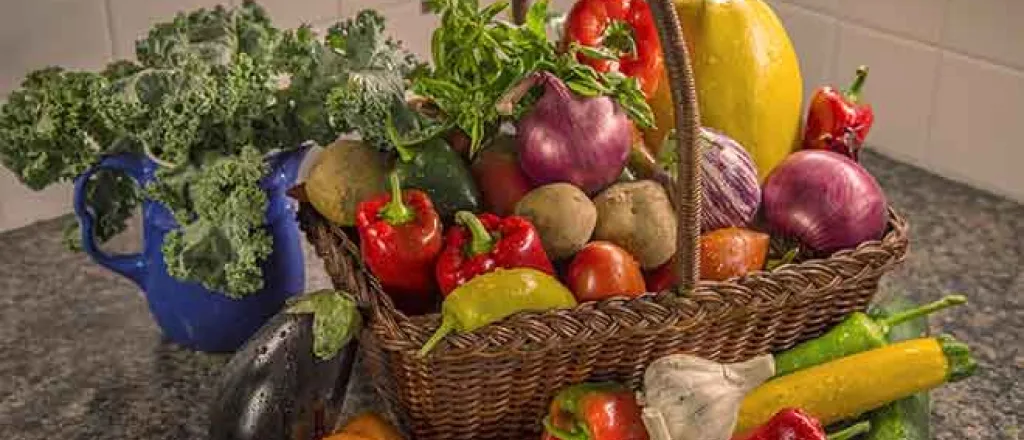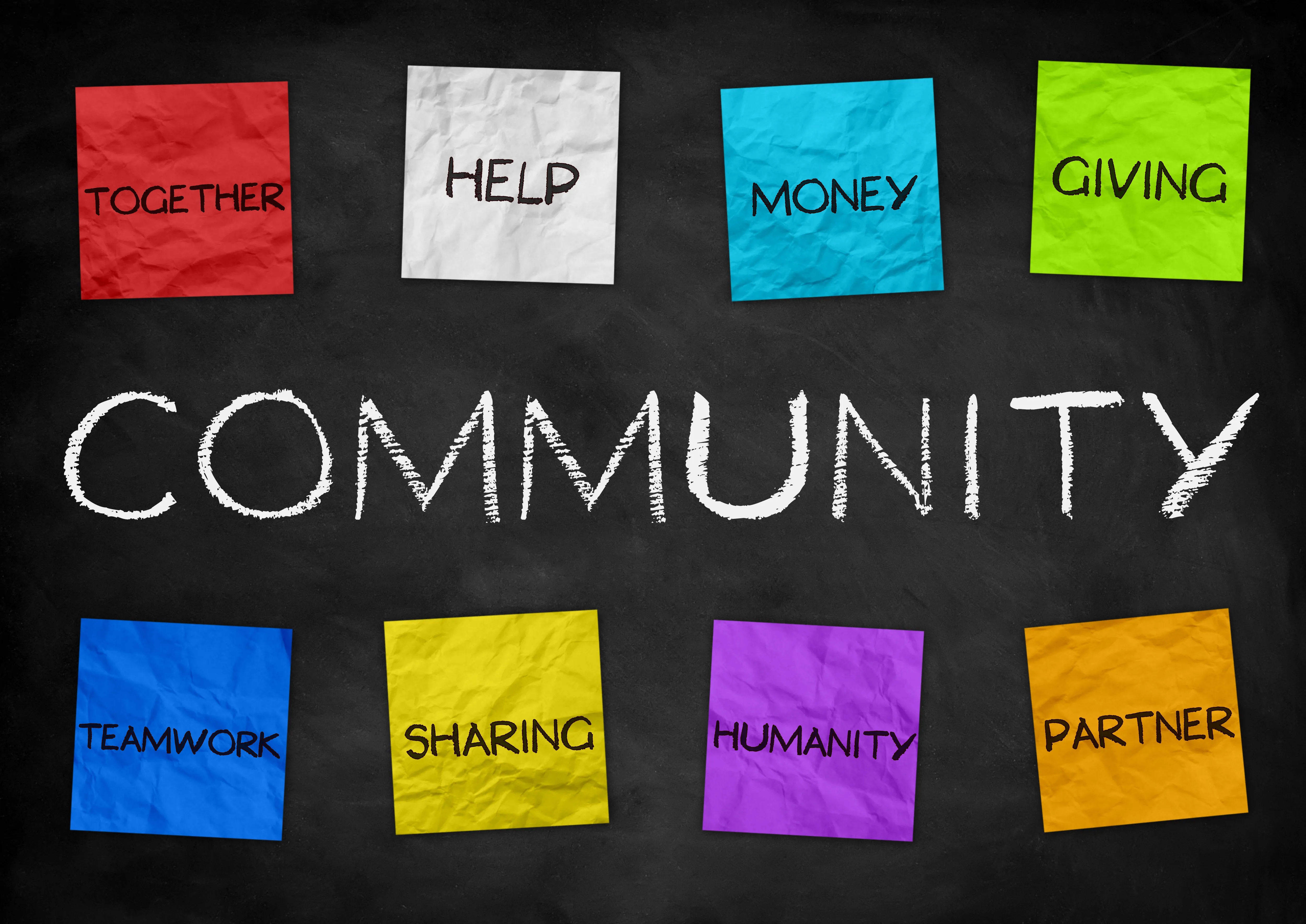
Harvest celebration marks decades-long quest to address food insecurity
(Colorado News Connection) This year's Food to Power Harvest Festival marks 10 years since Colorado Springs residents launched a food rescue project to get fruits and vegetables to areas of the city without accessible grocery stores.
Patience Kabwasa, executive director of Food to Power, said the fun and fundraising event set for September 23 will help fuel a new decade of capacity building for services still very much in demand. She noted prior to the pandemic, one in six Coloradans did not know where their next meal would come from. The numbers are worse now.
"Today in Colorado it's about one in three," Kabwasa reported. "The need for fresh food, particularly, is at an all-time high, and that just continues to grow."
This year's Harvest Festival will take place at the Hillside Community Food Hub, which opened last year. The hub is the culmination of six years' work with community residents to imagine and create a facility which now features gardening education, a producing farm, a demonstration kitchen, events venue, and a no-cost grocery store.
The grocery program has seen a surge in demand after pandemic-related supply chain disruptions, along with claims of price gouging, led to spikes in food prices. Kabwasa explained volunteers collect food from a variety of community partners "just in time," and families receive fresh produce, dairy and meat within 72 hours.
"We partner with different grocery stores and farm stands, and take the excess that is not able to be sold by the expiration date," Kabwasa outlined. "We're able to redistribute that to the community."
With food insecurity impacting families across Colorado, Food to Power's grassroots organizing model could offer a blueprint for other communities. Kabwasa emphasized it all starts by identifying what people actually need, and then building relationships with food producers, grocery stores, and other stakeholders to remove barriers separating healthy food from families.
"You cannot do it without the buy-in from that community," Kabwasa stressed. "Being able to hear what the needs are, specifically, from those community members, and mobilizing resources based upon what you heard."
















